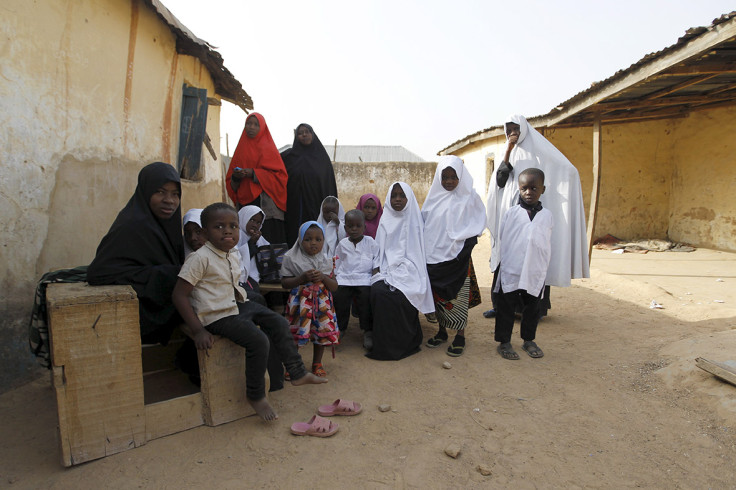Zaria massacre: Nigerian army lambasts 'biased and premature' Amnesty International report

The Nigerian army has accused Amnesty International of being biased following a report in which the NGO claims soldiers committed large-scale unlawful killings in Zaria, Kaduna State. Colonel Sani Usman, spokeperson for the Nigerian army, told IBTimes UK the army is challenging the credibility of the report which, he said, was published prematurely.
"A judicial commission of inquiry is in place in addition to [an] investigation by the National Human Rights Commission. They [Amnesty] must allow the judicial commission of inquiry and all other relevant agencies [to] complete and submit their reports before jumping to conclusions," he said. "We believe the report is hasty, partial and lacks credibility and objectivity. The NGO should understand that Nigeria is a sovereign nation and it should be respected."
Amnesty claimed Nigerian soldiers "unlawfully" killed more than 350 men, women and children in Zaria and buried them in mass graves in December 2015. The report also claimed the Kaduna State authorities said that they admitted to burying about 347 bodies in a mass grave two days after the killings.
The alleged massacres took place during confrontations between the army and members of Shia Muslims, believed to be members and supporters of the Islamic Movement in Nigeria (IMN), which claims at least 705 people have gone missing following clashes.
The alleged attacks occurred after the army accused sect members of trying to kill the chief of army staff, Tukur Buratai, by erecting a makeshift roadblock on a road his convoy was travelling on during an official visit in the state. IMN denied the allegations. During the raids, the army arrested IMN leader Sheik Ibrahim Zakzaky and dozens of members of the movement.
"Nothing was mentioned on the rebellious attitude and the violations of human rights by the IMN. Neither did they [Amnesty] bother to ask why the IMN attempted to assassinate the Chief of Army Staff," Usman continued.
"Amnesty is uncomfortable with the daily reports from Kaduna and has rushed to town with another jaundiced report to divert attention from the proceedings of the committee. Simply because witness accounts seem not to tally with their predetermined conclusion, they hastily churned out [a] highly biased and unsubstantiated report to save face and arrive at their prejudiced conclusion."
Nigerian army must focus on telling the truth
"The report is not hasty. It has been four months and 10 days," Donatella Rovera, Amnesty's senior crisis response adviser, told IBTimes UK. She explained that in addition to the 347 people allegedly killed and whose bodies were dumped in mass graves, another 350 have gone missing.
"They have not been found neither in hospitals, nor in prison, nowhere, and they are feared they have been killed. There are allegations of other mass graves and these families are entitled to have their grievances addressed and the army is not doing that," she continued.
"We hope the judicial commission of inquiry and the National Human Rights Commission are doing their own investigations with the necessary independence and impartiality. The fact that Amnesty has put in the public record its own findings can only help the work of the various commissions that are investigating.
"By burning bodies in mass graves and destroying places where these people were massacred, the Nigerian army has committed an additional crime. They are really in no place to speak about what is appropriate and what is not. They should focus on coming clean and telling the truth and speeding up the process that can hopefully lead to the families of the victims getting justice and reparation and those responsible be held accountable," Rovera concluded.
© Copyright IBTimes 2024. All rights reserved.






